As parents, we’re constantly seeking the best ways to foster our children’s growth and development. From their first babbling words to their early steps, every milestone is celebrated with enthusiasm. But amidst all the cuddles and giggles, there’s an essential aspect of development that often goes unnoticed: logical reasoning skills.
Logical reasoning is the cornerstone of cognitive development, paving the way for problem-solving, critical thinking, and decision-making abilities. While it might sound like a complex concept for young minds, the truth is that it begins to take root from the earliest stages of childhood.
Picture this: your toddler stacking blocks to build a tower, experimenting with different arrangements to see what works best. Or your preschooler sorting shapes by size and color, recognizing patterns, and making connections. These seemingly simple activities are laying the foundation for logical reasoning skills to flourish.


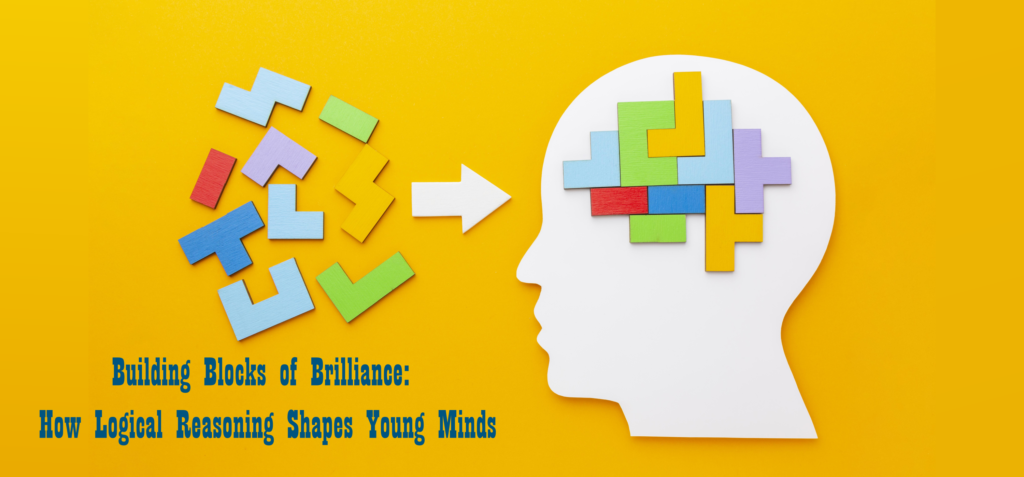
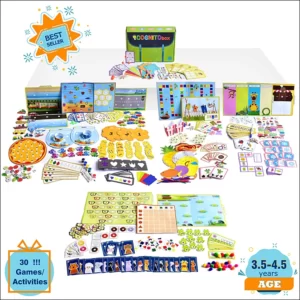
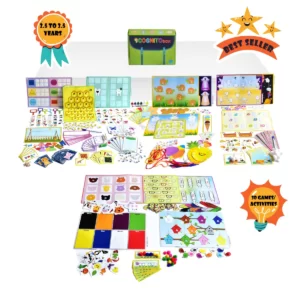
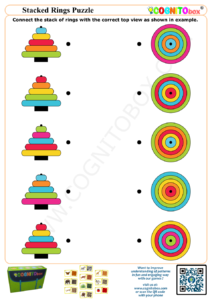
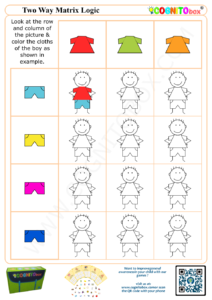
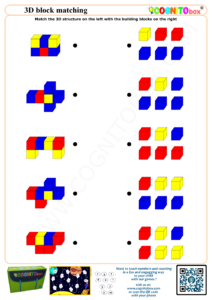
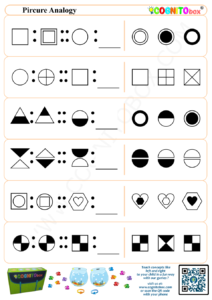

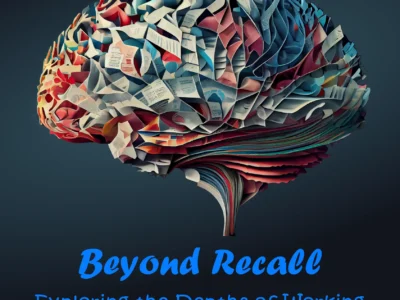
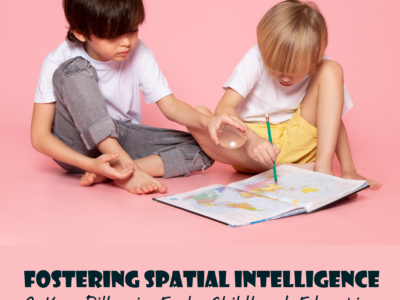




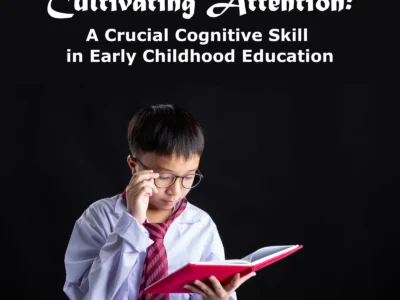
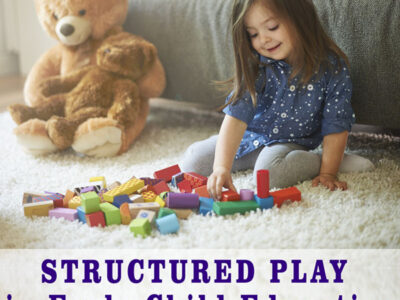
 Cultivating Attention: A Crucial Cognitive Skill in Early Childhood Education
Cultivating Attention: A Crucial Cognitive Skill in Early Childhood Education  Fostering Spatial Intelligence: A Key Pillar in Early Childhood Education
Fostering Spatial Intelligence: A Key Pillar in Early Childhood Education  Why Every Child Deserve To Play?
Why Every Child Deserve To Play?  STRUCTURED PLAY in Early Child Education
STRUCTURED PLAY in Early Child Education  Window of opportunity in early child development
Window of opportunity in early child development 
Recent Comments